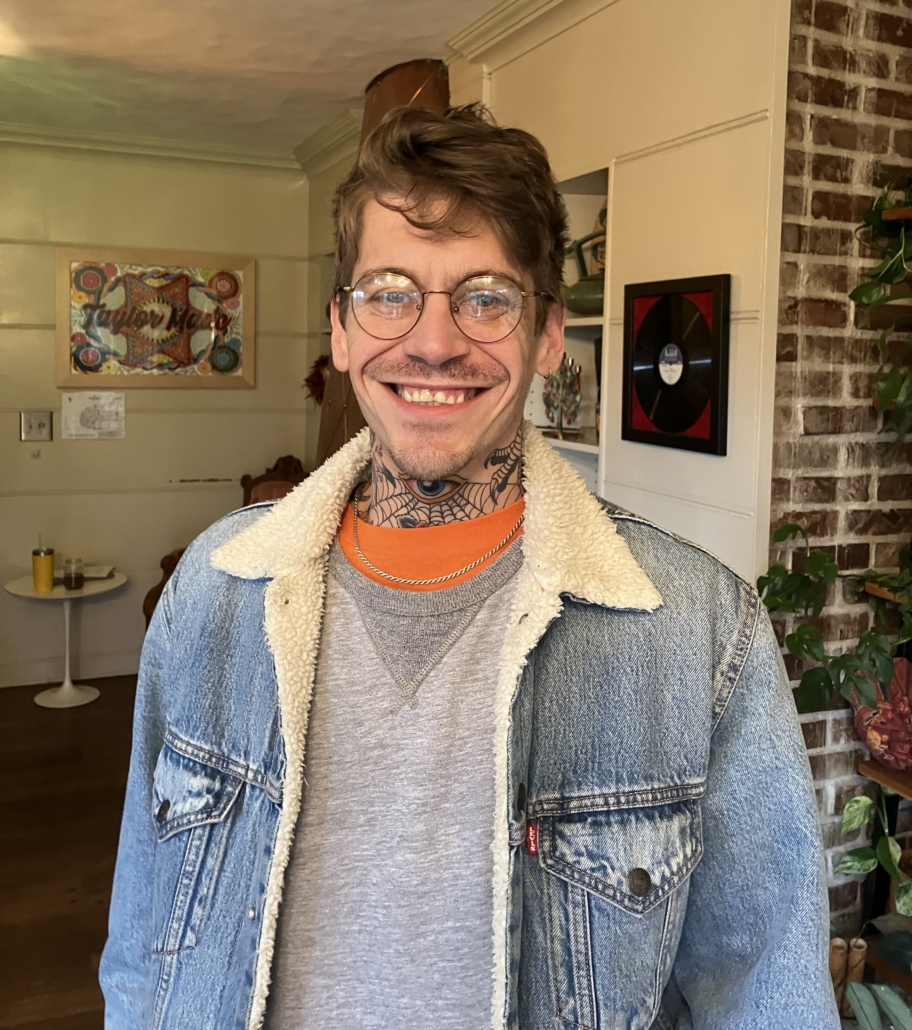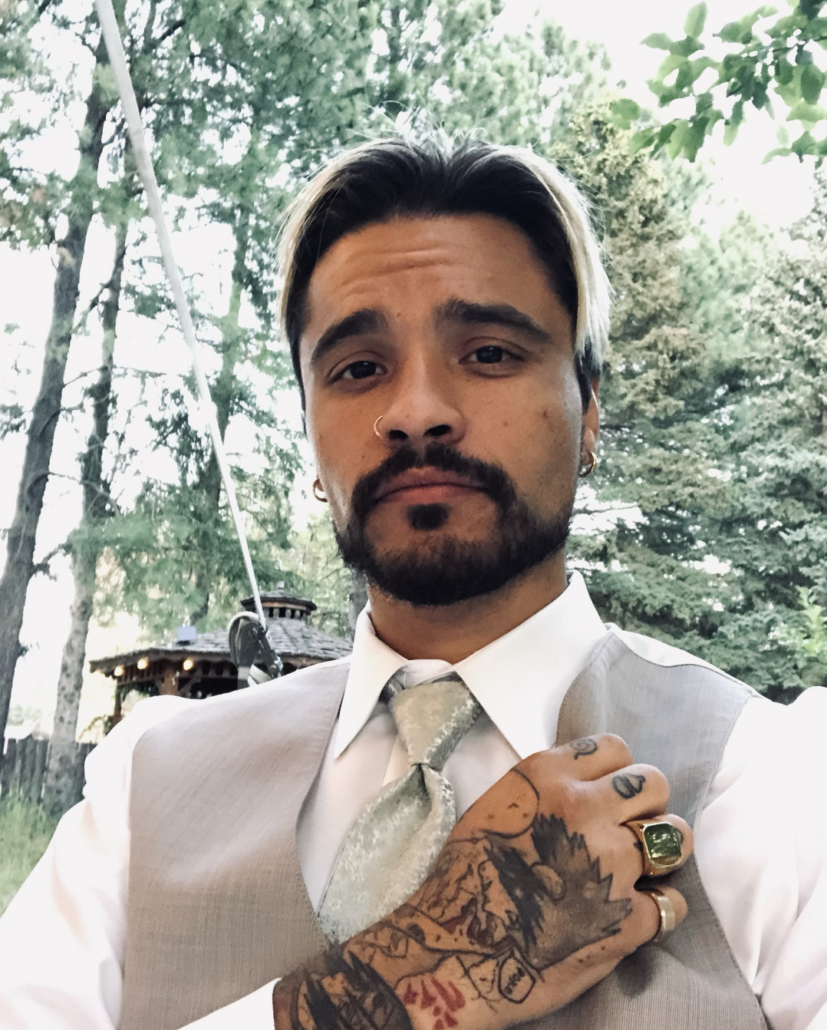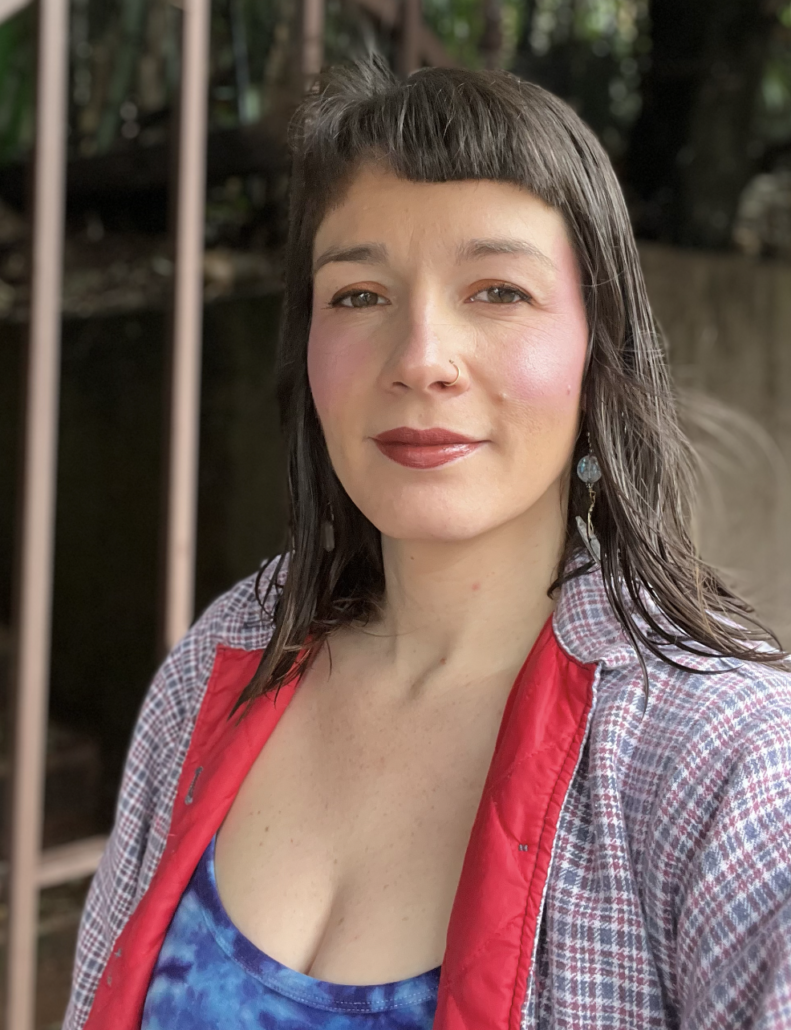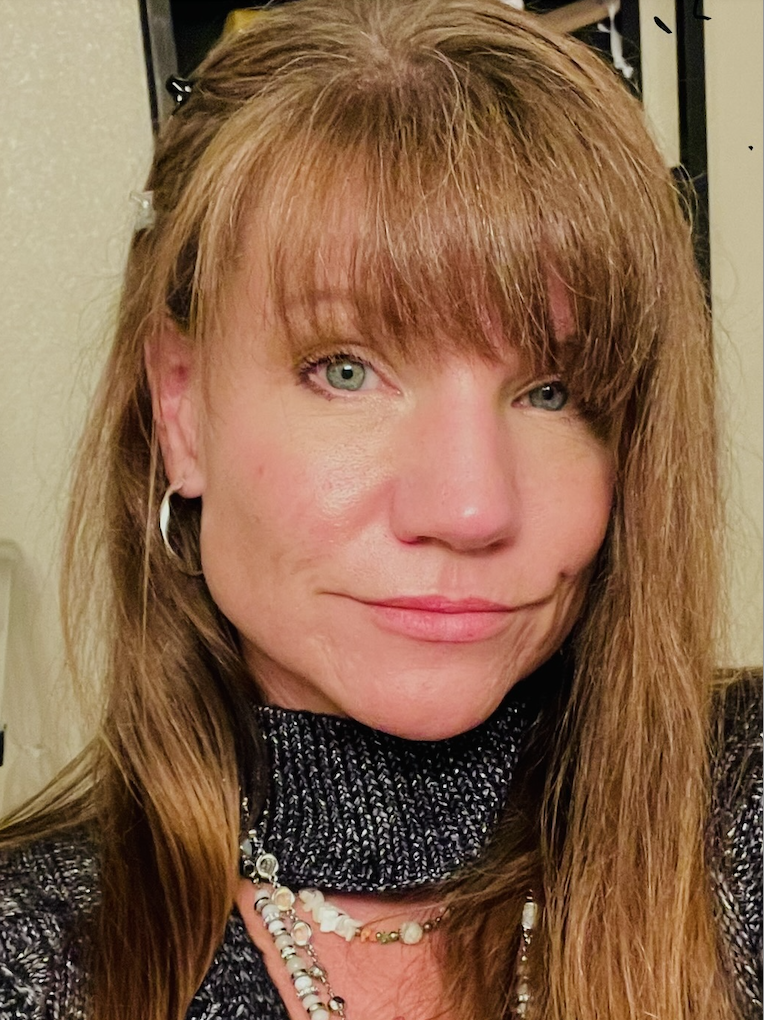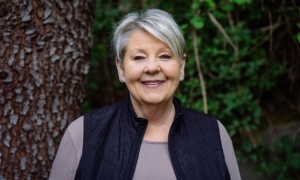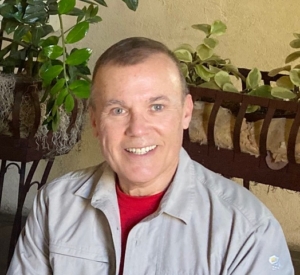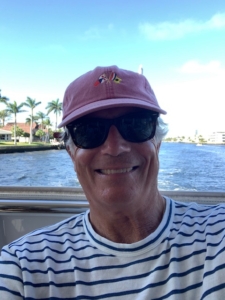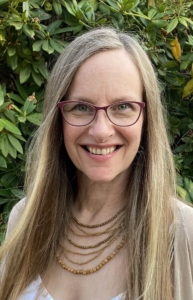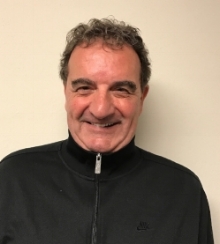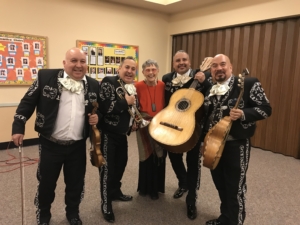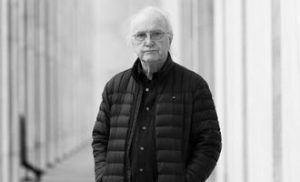Lowell MacGregor – Executive Director
One might say that Lowell lives to help people get the monkey off their back. Lowell’s passion and love for the 12-step program began when Taylor Hanes, Lowell’s late sponsor, started working the steps with him in 1990. Working the 12-steps with Taylor completely transformed Lowell’s life, in turn inspiring Lowell to share his passion to help others build a life free from alcohol and drugs. Lowell has sponsored dozens of people over the course of his 34 years of sobriety, however 6 years ago he knew his purpose was much greater than the one-on-one work he was doing. When Lowell visited The Retreat in Wayzata, MN, he knew he had found the next level of sharing the 12-steps. With the spirit of honoring Taylor Hanes’ no-nonsense approach to working the steps, and the desire to bring to light the joy that can come from sobriety, Lowell founded Taylor Made Retreat in 2018. Lowell moves through life with a heart full of love, a strong penchant to save lives, and has dedicated his life to helping others!
Laura Davis Ritchie – Assistant Director
Laura retired in 2018 after working for Multnomah County Community Justice for 30 years. After serving as a Parole and Probation Officer, working primarily in a high-risk drug unit, she joined the ranks of management. Laura retired as a Senior Manager overseeing Justice Reinvestment, Drug Courts, Domestic Violence, Specialty Courts and Generic Supervision. Laura’s passion during her career was to help people make changes to change their lives. Laura also spent a significant part of her career working with the domestic violence systems. She was Chair of the Family Violence Coordinating Council for multiple terms.
Laura has also been an active part of the recovery community for over 35 years.
Clinical Consultant
Liisa P. Heard, MSW, LCSW Oregon State Board of Licensed Social Workers License #L6702
Everyone has a story to tell and I am passionate about helping it unfold by providing guidance and support during the journey of finding its meaning. As a former volunteer and group facilitator with The Dougy Center, I have worked with children and their families as they navigate through the stages of grief and loss and was honored and humbled as I witnessed their journey. Additionally, I have over 25 years experience working with adolescents and adults suffering from substance abuse and mental health concerns. Having had a spiritual awakening as the result of working the 12-Steps, I have endeavored to carry this message to alcoholics/addicts and to practice these principles by helping other addicts release themselves from their addictions. I work with individuals, couples, and families in a safe, supportive setting.
Gary Sanders – Meditation Director
Gary Sanders is originally from the Los Angeles area, where he was the founder of SCV Mindfulness and led up to three weekly groups for over 5 years. He was empowered to lead Buddhist meditation and dharma groups at Against the Stream Buddhist Meditation Society. He helped, from the ground level to found Refuge Recovery, a Buddhist-based recovery program for all addictions, which has now spread worldwide. During his years in Portland, Gary was asked to join the teaching staff at Portland Insight Meditation Community. Although he moved back to Los Angeles in 2021, Gary continues to provide teachings to the PIMC sangha. He also travels frequently and teaches day longs and workshops all around North America.
Patrick Kilbane – Yoga & Fitness Instructor
Patrick Kilbane, originally from Seattle WA, has been involved in 12 Step recovery for the last 18 years. Following a relapse after several years of sobriety, Patrick had the opportunity to enter Taylor Made Retreat as a guest in the fall of 2020. It was there that he was immersed in the 12 Steps- a set of simple, spiritual principles and a design for living- that offered him an entirely new perspective and outlook on his life. Patrick’s background as a professional dancer, performance artist, and fitness instructor helped him to develop a unique approach in working with newly sober alcoholics and addicts. He was brought on as a staff member after he successfully completed the program offered at TMR. He stays connected by bringing recovery focused movement and yoga classes to the guests of Taylor Made Retreat.
Heather Inzerillo – Executive Chef
Prior to joining us at Taylor Made, Chef Heather worked in a variety of different kitchens around the country. From working on a 175-foot Yacht to a Juvenile Detention Center, she has spent years crafting her culinary knowledge to create truly meaningful experiences and seriously delicious meals. While working in the Juvenile Detention Center, Heather realized it was communities like these she felt compelled to serve. Many of the boys had been repeat offenders that grew up with absent families and food scarcity. They ran a culinary program teaching the boys with the basics of cooking while building a foundation of work ethic.
When asked about the opportunity at TMR, she said, “I instantly knew I was getting ready to embark on the most important culinary journey of my life this far. I knew that everything I had ever done had been preparing me to be here.”
Rebecca Gurney – Events / Communications / Development
Rebecca Gurney has been working in concerts and events for nearly a decade, beginning as the Promotions Director for the Portland offices of Salem Media Group. In her 6 years there, she promoted concert tours with 104.1 The Fish and led as the Festival Director for Fish Fest in Salem, OR. In 2020, she transitioned to Hope Media Group where she served as Sr. Manager, Special Events, managing shows throughout Texas and Florida for KSBJ, Vida Unida, & WayFM. She is thrilled to return to her roots in Oregon and to have the opportunity to manage concerts that support the incredible recovery work at Taylor Made Retreat.
Sarah Levin – Outreach
Sarah Levin has been in recovery since September of 2014, guided by the principle of “Tikkun Olam,” which translates to “the repair of the world.” Her core values of service to others, compassion, and integrity shape her actions, and working at Taylor Made Retreat allows her to live these values daily. Sarah finds immense joy in connecting the community to the life-saving care provided by Taylor Made Retreat. In her spare time, she enjoys golfing, spending time with her partner and their dogs, cooking, and actively participating in the program of Alcoholics Anonymous.
Dawn Webb – Bookkeeper
Amanda – House Manager / Groundskeeper
Amanda was born and raised in Seattle, but it was in New Mexico where she made her passion for art and nature into a career. As a client of Taylor Made, she was particularly inspired by the healing aspects of the grounds here, and now works daily to create spaces for people to heal and shares her passion for the beauty of nature.
Matthew Randolph – House Manager
Matthew was born and raised in Morgantown, WV. As a resident at Taylor Made Retreat, Matthew had a life changing and transformative spiritual awakening through working the 12 steps. Upon graduating, he had the opportunity join the Taylor Made team as a House Manager; he now finds great purpose in sharing his experience with all those who come through our program.
Chaz Contreras – House Manager
Bio coming soon
Acacia Blackwell – House Manager
Acacia was born and raised in Portland, OR. Before coming to Taylor Made Retreat, Acacia earned a Bachelor’s degree in English Literature and a Master’s degree in Creative Nonfiction Writing.
With two parents in long term recovery she was exposed to the world of Alcoholics Anonymous and the 12 steps from early childhood. When the time came in her own life to ask for help she knew where to turn. Acacia completed the program at TMR in June 2023 and joined the staff as a House Manager upon graduation. The 12 steps have transformed her perspective on life and her relationships with her family and five year old daughter. She is active in the recovery community and in her spare time likes to read, sew, and attempt to skateboard.
Linda Looking – House Manager
Linda is one of the newest additions to our team, but has quickly become the spiritual leader of our community. Linda is enrolled Assinaboine/Sioux (Dakota) from the Ft. Peck Indian Reservation. She has been in recovery for 45 years and her sobriety date is 8/11/78. Linda was hired at Native American Rehabilitation Association as a Counselor 1 in 1981. When she retired as a Counselor in 2006, she became Counselor 111 and was treatment director at NARA outpatient. Most of Linda’s work has been working in the recovery field. She spent 6 years 2017-2023 working as the Elder Project Manager for Mother Nation (part-time) and Case Manager for Catholic Community Services running their recovery house. She presided as board chair for Mother Nation for 3 years when starting their non- profit, and since 2016 she has served as the President of the Northwest Council of Water Protectors. In addition to her work in the recovery field, Linda is the mother of 6 beautiful children and grandmother/great-grandmother of 34. Linda is glad to have been involved in the native communities throughout the NW and enjoys the work she is doing now as a House Manager at Taylor Made Retreat.
Mary Mace – House Manager
Hailing from Bend, OR, Mary is a proud mom and has been in recovery for almost 3 years. She is thrilled to join in on the ground floor of an organization like Taylor Made Retreat, where she can achieve her life dream of making a difference and truly see transformation in the making.
Our Board
Karen Willock – Board President
Karen Willock is a highly experienced and compassionate addiction counselor with over 40 years of personal recovery experience. Graduating from the Omaha School of Nursing and becoming a Certified Alcohol and Drug Counselor (CADC II) in 1984, she has held pivotal roles in renowned addiction treatment programs. Karen spent much of her career at Serenity Lane Health Services, initially as a line counselor and later as the Director of Outpatient Programs and Vice President of Clinical Services. She has also provided support and monitoring to healthcare professionals through the Washington Physicians Health Program. Currently, as the Clinical Supervisor for Treehouse Recovery, Karen offers support services for family members affected by addiction worldwide. Her expertise, leadership, and unwavering commitment make her a highly sought-after professional in the field of addiction counseling and recovery.
Matthew Hornyak
I’m a NW native, having been born in Everett, WA and graduated from the University of WA in Seattle. Now happily retired, and living in Portland, from a 25 year career in banking and a 6 year “2nd career” in non-profit management, I enjoy a number of hobbies (skiing, sailing, golf), volunteer work and spending time with my partner and our families. My career was focused in the following areas: customer service, account management, personnel management, business development, fund-raising/grant writing.
Through the years I’ve been a board member of the following NW non-profit organizations: St. Andrew’s House Retreat & Conference Center/Union WA, Kiwanis Club of Olympia WA, United Way of Thurston County/Olympia, Lifelong AIDS Alliance/Seattle, East Bay Harbor Condominium HOA/Olympia, Century Plaza Towers HOA/San Diego, St. Germain Episcopal Church/Hoodsport WA, Capitol Hill Alano Club/Seattle.
Nick Raggio
Nick was raised in San Francisco, but has lived in Alabama and on Catalina island off the Los Angeles coast. I have been an athlete all of my life playing soccer, tennis, and squash for more than 40 years. He has been an outdoorsman all his life and sails a 48 foot S&S in San Francisco Bay. He is struck by kids who step with the wrong foot into life! So he humbly wants to help!
Joie Karnes
For over a decade Joie Karnes, D.Litt, has been Director of Operations at Barbara Karnes Books, a family business at the forefront of end of life education since the 1980s. She earned her liberal arts doctorate in 2006 from Drew University in Madison, New Jersey with
special interests in Women’s Studies and World Religions. An extensive traveler active in recovery for over three decades she has participated with groups across the country as well as internationally. The mother of twins, she and her boys greatly enjoy all the PNW’s great outdoors has to offer.
Larry Boileau
Bio coming soon
Clay Poppert
Clay has bee in the sobriety community since 2015 and has proudly assisted with remodeling, repairs, and maintenance of the TMR facility. He has a history in the Commercial Glazing Contracting industry, including founding multiple businesses of his own in both Beaverton, Oregon and Redmond, Washington. He has a Bachelor of Science, Political Science, and a minor in speech communication from Willamette University in Salem, OR.
Arnold McCuller
Arnold McCuller, a young black man from Cleveland, Ohio, started his performance career in the 70s. He went on to perform and record with some of the greatest artists of all time, but even with success, he hit a bottom and found recovery. Arnold learned how to balance his life on the road and being in recovery, and he now guides individuals toward healing and self-discovery. You can read his journey here.
Patty Louys
I was raised in McMinnville, Oregon, thirty-nine miles from Portland. I attended the University of Oregon for three years, then transferred to San Jose State University in California for a B.A. and a Life Diploma in Education. I received an M.A. degree in Speech Therapy at San Francisco State University, allowing me to teach in Marin County schools.
When both of my parents died, I moved back to McMinnville, Oregon in 1982 to run the family business that included several Texaco service stations, two with car washes and two with convenience stores, featuring Taco Bell, Wienerschnitzel and Dutch Bros. Coffee. I retired and moved to Kona, Hawaii after twenty-four years in the business world.
Now I’m back in the Portland area, with fifty-two years of sobriety. I’m certified to teach Tibetan Buddhism and Qigong, called meditation in motion. I bring both of these once a week to Taylor Made Retreat. It’s truly a place of miracles.
Johanna Jensen
Hanna lives in Vancouver, WA with her daughter, Gabriella (7 years old.) She currently works as a loan officer- helping borrowers with their residential mortgage needs. She spent 10 years working as an investment professional and financial planner. After a series of unfortunate events, Hanna’s alcoholism landed her at TaylorMade Retreat for 3 months in February of 2020. She credits Lowell and the facility with saving her life and preserving her relationship with her daughter. Hanna has worked for 3+ years on rebuilding the life she very nearly destroyed. She has come out the other side with a more incredible life than she could’ve imagined, and a passion for helping others struggling with addiction.
Jack Healey
Jack Healey, a dedicated American human rights activist, has spent his career inspiring youth to champion non-violent activism against oppressive governments and societies. As the head of the Human Rights Action Center in Washington, D.C., he undertakes impactful projects, such as embedding the Universal Declaration of Human Rights into passports and supporting Nobel Peace Prize winner Aung San Suu Kyi’s rise to power in Burma. Jack’s rich background includes a tenure as a Franciscan friar and Catholic priest, and he holds a master’s degree from Catholic University. His significant contributions extend to directing the Peace Corps in Lesotho, leading Amnesty International USA for 12 years, and co-founding organizations like the Reebok Human Rights Foundation, Witness, and Equality Now. Jack Healey continues to be a driving force in the fight for human rights, receiving seven honorary doctorates and leaving an indelible mark on the global stage through his activism, music albums, films, and unwavering commitment to justice.
Matthew Buisman
Bio Coming Soon

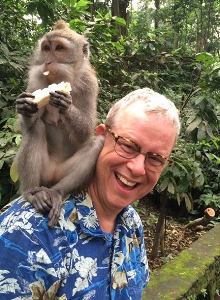
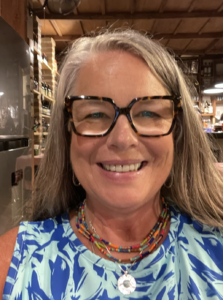
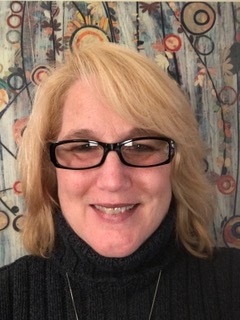


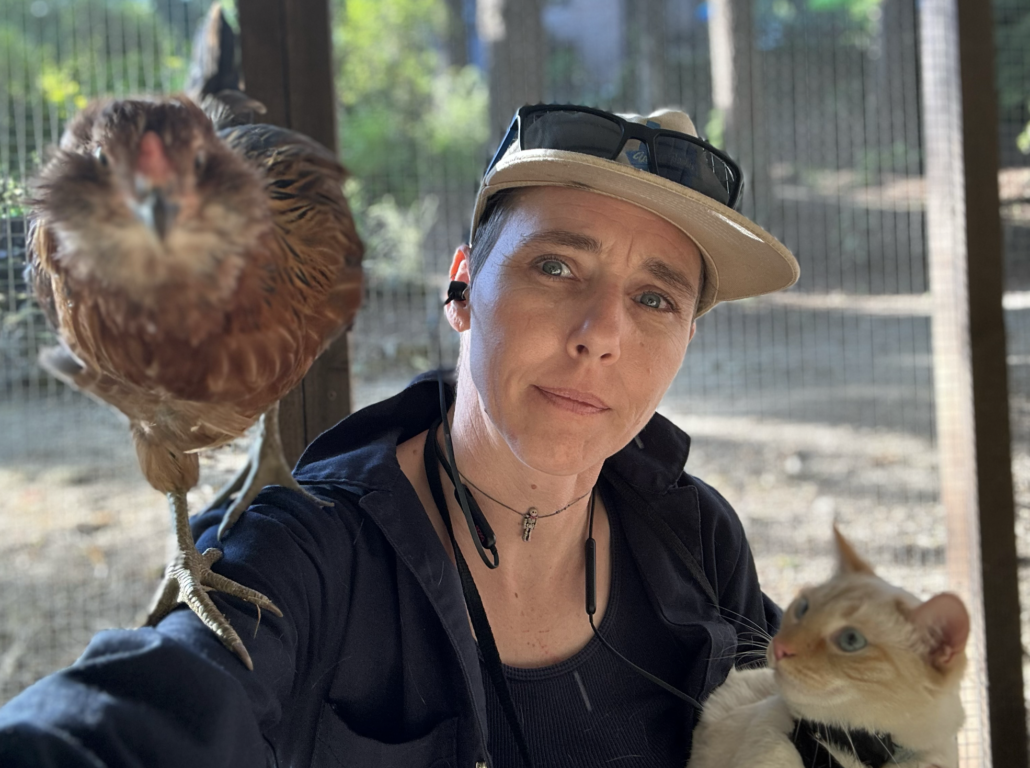
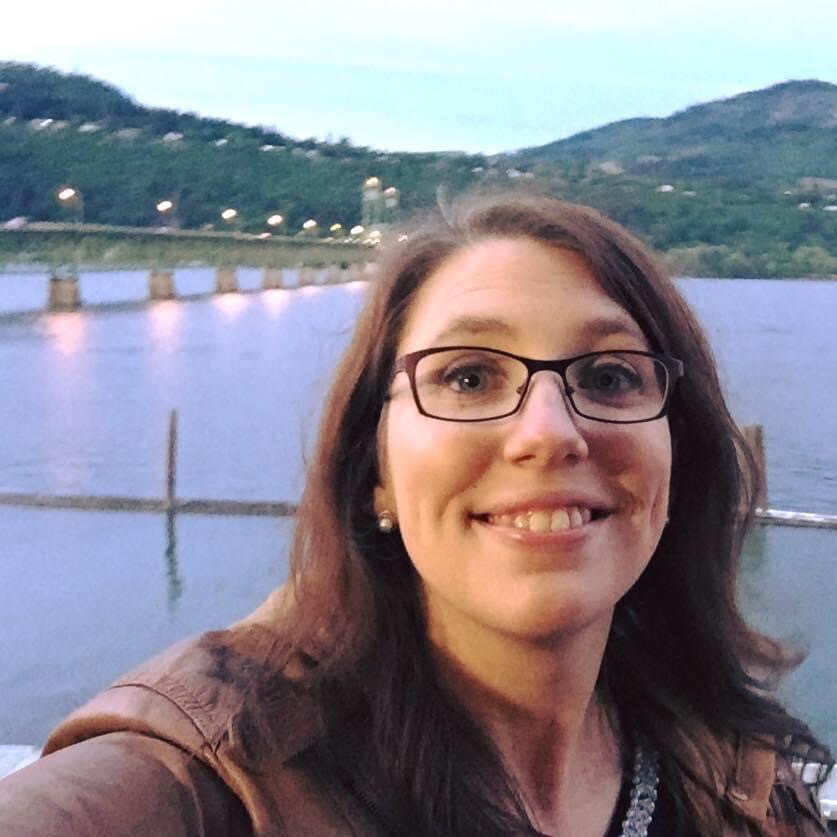
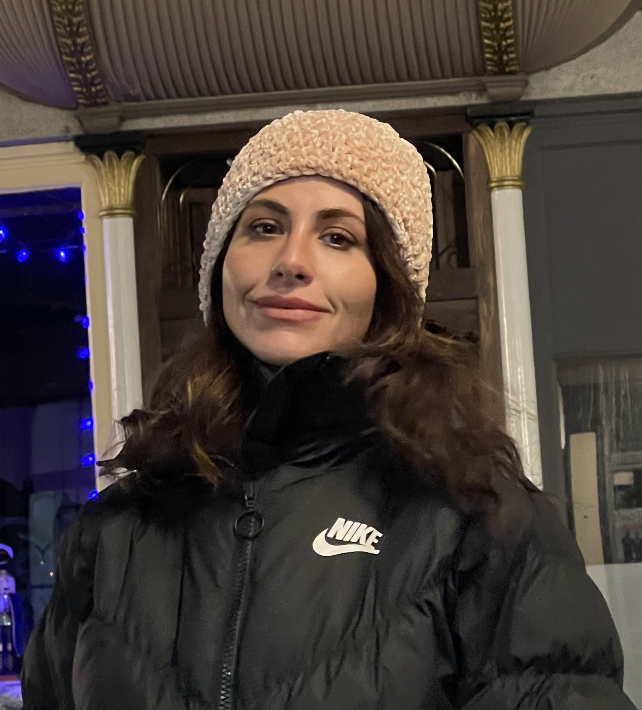
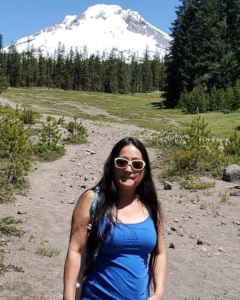
![IMG_20230527_095953007[5]](https://taylormaderetreat.org/wp-content/uploads/2023/11/IMG_20230527_0959530075-216x300.jpg)
